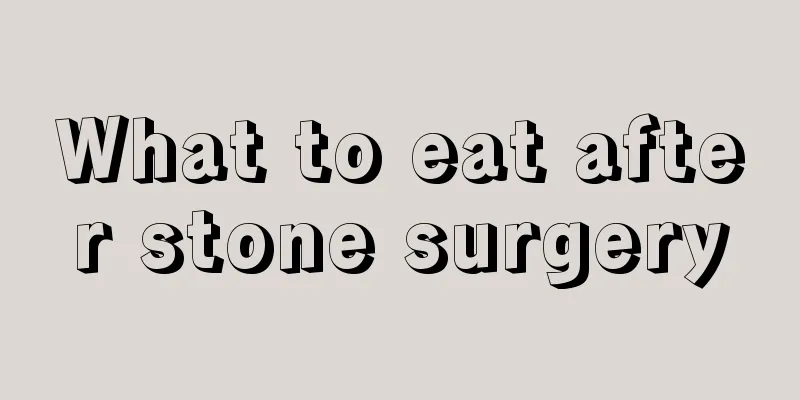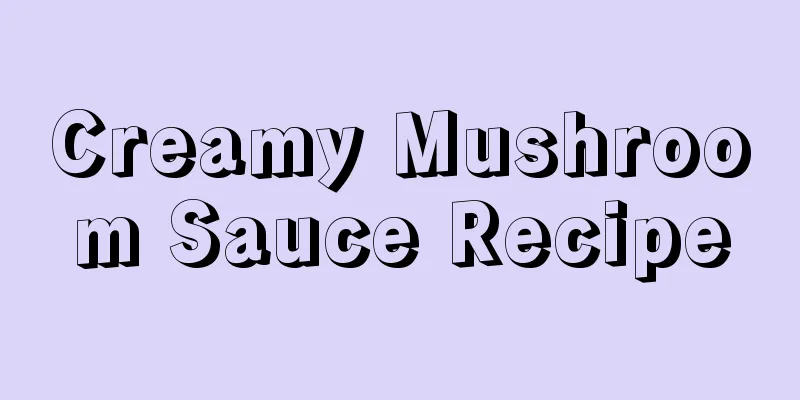What to eat after stone surgery

|
After people have undergone kidney stone surgery, they should pay more attention to their diet and consume foods rich in vitamins. These foods can help their bodies recover. They should chew their meals slowly every day and not eat too much. Eating small meals frequently can make their condition improve faster. In addition, they should also pay attention to eating small meals frequently. This is also very critical and can prevent the recurrence of kidney stones. Dietary taboos for patients with various types of stones Dietary guide for urinary stones Calcium salt stones: Limit calcium salt intake to no more than 500 mg per day. Eat more acidic foods every day, such as fish, lean meat, eggs, fine grains, etc. Uric acid stones: Avoid foods containing purines, such as liver, kidney, brain, gravy, dried beans, etc. Eat more alkaline foods to promote the dissolution of urine crystals. Cystine stones: Limit the intake of foods rich in methionine, such as eggs, poultry, fish, meat, etc. Eat more alkaline foods and drink more water. Scientific diet for patients with stones 1. Slow eating: First of all, you should not eat too fast. "Chew a mouthful of rice 30 times and eat a meal in half an hour." This method has more benefits such as: brain health, weight loss, beauty, and cancer prevention. 2. Eat early: All three meals should be eaten early. Eating breakfast early is the "intelligence switch" for the day; eating dinner early can help digestion and prevent kidney stones. 3. Omnivore: Omnivore can fully reflect the principle of food complementarity and is the guarantee for obtaining various nutrients. You can start by eating 10 or 15 kinds of food every day. 4. Vegetarianism: It does not mean not eating any meat at all. Vegetarianism is the core measure to prevent and treat civilization diseases. 5. Light food: including less salt, less oil, less sugar, etc., is one of the ways to prevent kidney stones. 6. Fresh food: Most foods are best eaten fresh so that many "live nutrients" can be preserved. Advocate "eat fresh and cook fresh" and "no leftovers". 7. Kosher: "Clean" includes free from dust, bacteria and viruses, and pollutants. 8. Raw food: It does not mean that everything should be eaten raw, but "eat as much raw as possible those that are suitable for raw food." 9. Cold food: Eating food that is too hot is harmful to the health of the esophagus. Low temperature can prolong life, and cold food can also enhance the function of the digestive tract. 10. Fixed diet: Eating at regular times and in regular amounts will form a regular pattern of motivation over time, which is the requirement of the human body's biological clock. 11. Snacks: In the 21st century, it is advisable to eat five or six meals a day. Small meals outside of the three regular meals (at 10 a.m., 16 p.m. and around 20 p.m.) are called "snacks" and have multiple functions. It is different from what we usually call snacks, the latter have no concept of time and quantity, leading to conflicts with regular meals. |
<<: What flour is used for sweet potato cakes
Recommend
Can a one-year-old baby eat papaya?
The gastrointestinal digestion ability of a one-y...
How to make pickled cucumber fried wild rice stem
Cooking by yourself is indeed a very happy thing....
Wuxi sweet and sour spareribs recipe
Our great China is vast and rich in resources, an...
How to make purple amaranth porridge
As people's living standards improve, they be...
How to make super rich dark chocolate muffins
Travel regularly as a reward to yourself. Going o...
How to make homemade beef chili sauce
Beef chili sauce is quite famous, especially in t...
How to make fried celery and bacon
Our lives cannot be separated from friends, and g...
How to make Sibao bean dregs cake
When I get home from get off work, I should cook ...
Saltwater white shrimp recipe
Travel regularly as a reward to yourself. Going o...
How to make milky mushroom rice
We Chinese have a proverb that goes, if you want ...
How to make diced chicken with ginkgo nuts
Diseases caused by diet can’t be bought back. If ...
How to make crumbled pancakes
When it's time for dinner, I stare at the men...
How to make teriyaki chicken cutlets
As a seasoned foodie, you must be shocked every t...
What kind of juice tastes best with Yakult?
Yakult is a lactic acid bacteria beverage. Many p...
Meat pie egg soup recipe
Some people often say that they can cook, but in ...









